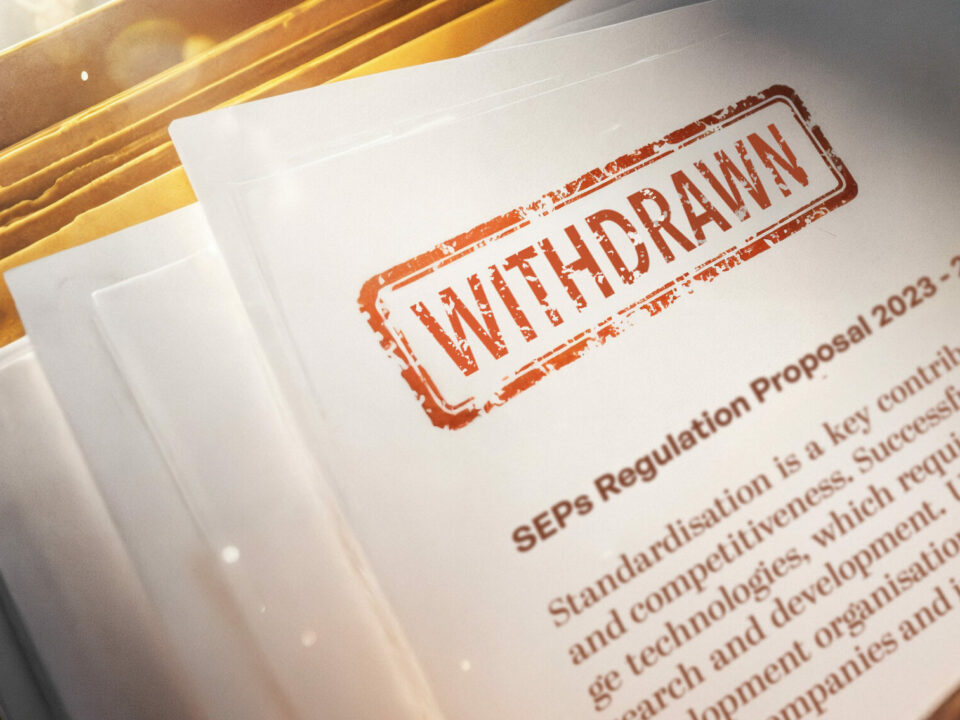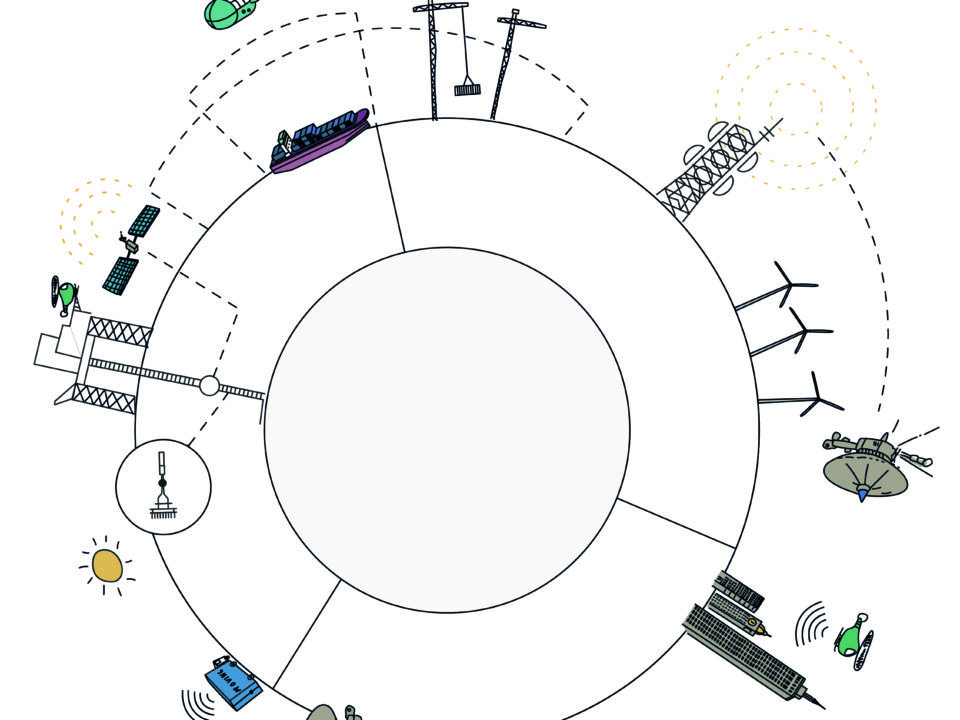Hold-out should be reflected in the review of the Horizontal Guidelines
As the Commission’s call for feedback on its Inception Impact Assessment (IIA) concerning revision of the two Block Exemption Regulations for horizontal cooperation agreements (HBERs) and the Horizontal Guidelines (HGL) closes, we reflect on one aspect highlighted in our submission: the need to reflect hold-out .
As we have highlighted in our previous blog-posts, hold-out threatens future investment in open standards and undermines European leadership in 5G and 6G. It is disappointing therefore that there is no mention of hold-out in its Staff Working Document (SWD) published by the Commission in advance of the IIA.
On 6 May 2021, the Commission published a SWD outlining the results of a 20-month public consultation on the HBERs and HGLs. The Commission simultaneously published a report on a Supporting Study it had commissioned to assess the effectiveness, relevance, and efficiency of the existing regime.
The Supporting Study acknowledged the call for the HGL to address hold-out. It also noted the need to consider the potential impact of opportunistic refusals by implementers to agree on royalties vis-à-vis FRAND-abiding patent holders, in order to depress prices, increase litigation, and reduce incentives to invest in standard-related innovations.
By contrast, and despite the growing body of compelling evidence, nowhere in the 120 pages of the SWD is any mention of hold-out in the SEP environment.
There is no shortage of evidence of hold-out in the real world, and it has been recognized by European policymakers and courts, alike:
- The Commission’s seminal 2017 Communication on SEPs noted that problems with technology users free-riding on the innovations of others may be particularly acute when players from new industrial sectors unfamiliar with the traditional ICT business need access to standardised technologies.
- In a July 2017 Resolution, the European Parliament weighed in, calling on the Commission to publish biannual reports evidencing actual cases of unlicensed SEP use (i.e. infringements) lasting 18 months or more. This would provide official empirical and statistical evidence of hold-out.
- More recently, on 26 May 2021, the European Parliament’s JURI (Legal Affairs) Committee published its report on the Commission’s November 2020 IP Action Plan. JURI calls on the Commission to monitor industry developments and provide more clarity on various aspects of FRAND, including designating an observatory (a competence centre) to that effect. In this report JURI reiterated the European Parliament Resolution of 2017 calling on the Commission to publish annual reports evidencing actual cases of non-compliance with FRAND including patent hold-out as well as hold-up which denotes a balanced approach.
- There is an ever-growing collection of cases – from 2015 to the present day – in courts across Europe where the infringing party is found unwilling as a result of intentional delay tactics, i.e. hold-out behaviour. In 2020 alone, there were no fewer than six cases in which European courts tackled behaviour acknowledged as hold-out, including Sisvel v. Xiaomi in the Netherlands, Sisvel v. Haier in Germany (Bundesgerichtshof), HEVC (Dolby) v. MAS Elektronik in Germany (Düsseldorf), Nokia v. Daimler in Germany (Mannheim), Unwired Planet v. Huawei in the UK, and Sharp v. Daimler in Germany (Munich).
Based on the evidence, we are of the firm belief that the ongoing review of the HGL should recognise the real and present problem of hold-out, not only the theoretical risk of hold-up, as part of a balanced approach. The HGLs should acknowledge FRAND as a two-way street.
Specifically, Chapter 7 of the HGLs should be modified to: (1) address hold-out, and (2) take into consideration the potential impact of opportunistic refusals by implementers to agree on royalties vis-à-vis FRAND-abiding patent holders in order to depress prices, increase litigation, and reduce incentives to invest in standard-related innovations, consistent with the growing body of evidence and policy initiatives.
Hopefully the Commission will grasp this vital opportunity to support European leadership in 5G and 6G and protect long-term investment in open standardisation.



